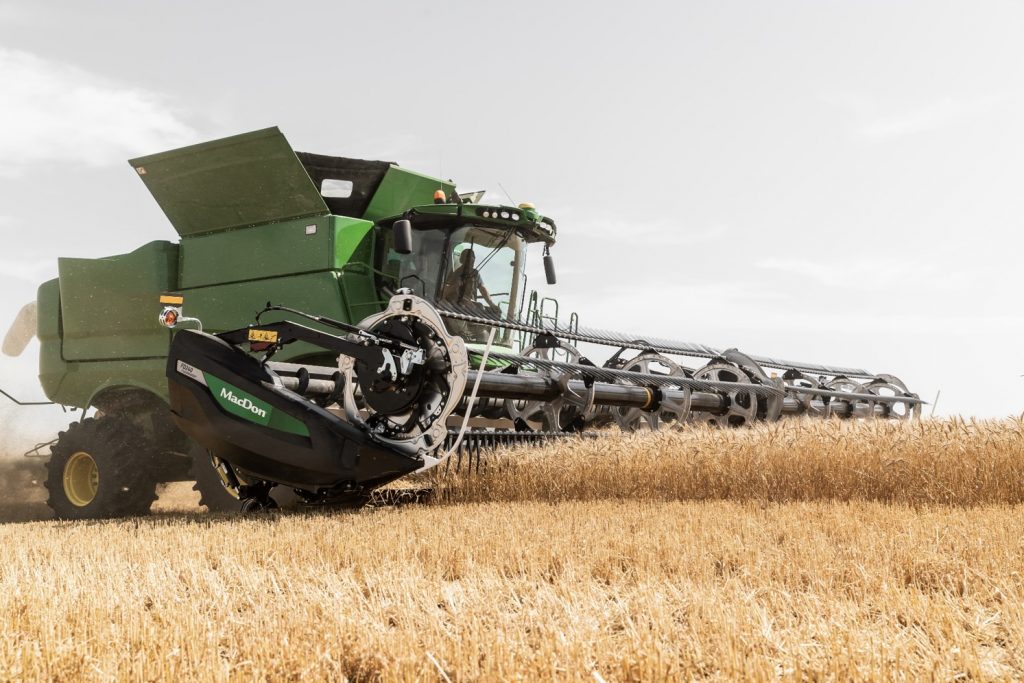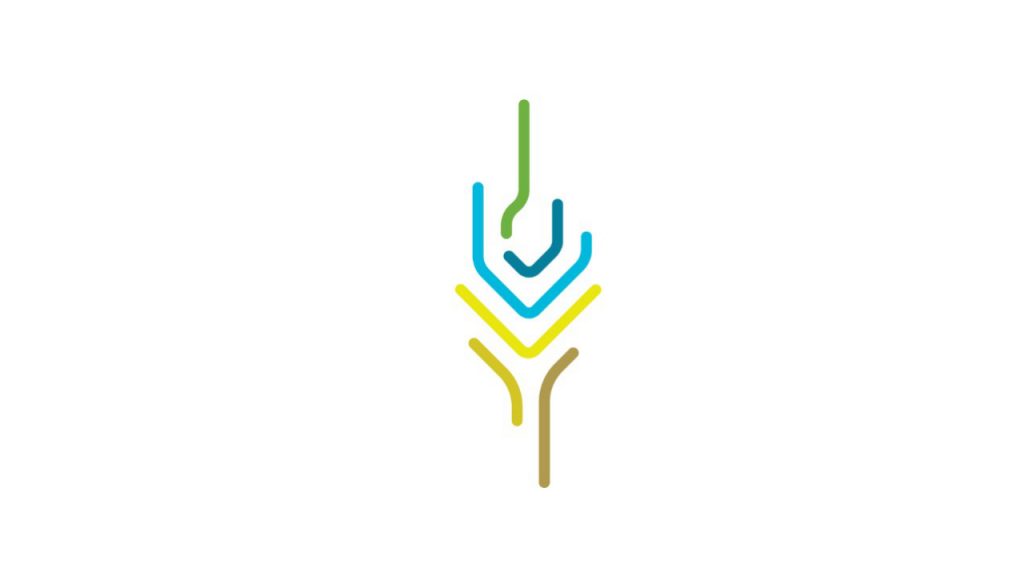Learn About the Work We Fund

Meet our project partners and hear them describe in their own words how their efforts are going to make a difference in Canada and around the world.
CAAIN champions collaborative AgTech research and innovation. We do this by…learn more

Meet our project partners and hear them describe in their own words how their efforts are going to make a difference in Canada and around the world.

Find out who's on Team CAAIN, discover our Vision, Mission, and Values, and learn what makes us tick.

CAAIN is a network connecting stakeholders working and interested in agri-food and AgTech. We focus on Canadian individuals and enterprises, but membership is open to all nationalities. This is a nexus providing you with insight into what kind of agri-food innovation is on the horizon. We hope it inspires you to come up with or support the next great idea.
Learn More